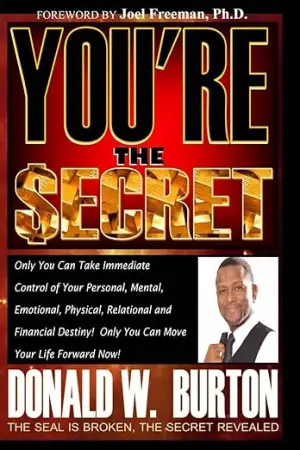Embracing Change: A Journey with The Addiction Recovery Skills Workbook
As someone deeply invested in personal growth and mental wellness, I often find myself drawn to resources that inspire meaningful change. The Addiction Recovery Skills Workbook: Changing Addictive Behaviors Using CBT, Mindfulness, and Motivational Interviewing Techniques by Suzette Glasner-Edwards stood out to me as a beacon of hope and practical insight. With its promise to blend evidence-based techniques in a user-friendly format, I was eager to dive in.
From the very first pages, I could sense the thoughtful structure that defines this workbook. It’s clear that Glasner-Edwards understands the intricate struggles of anyone battling addiction. The seven-step program presented is not just a method; it feels like a lifeline—an integrative approach that combines Cognitive Behavioral Therapy (CBT), mindfulness, and motivational interviewing into a cohesive journey toward recovery.
Glasner-Edwards’ writing style is refreshingly accessible. She manages to handle a sensitive subject with warmth, embedding empathy within each exercise and worksheet. I found myself particularly drawn to the mindfulness techniques aimed at cultivating present-moment awareness—a powerful antidote to the impulsivity often linked to addiction. As I engaged with the exercises, I appreciated how they prompted introspection without feeling overwhelming. Rather than a clinical manual, it felt like a supportive companion walking beside me on a challenging path.
One quote struck me particularly hard: “Understanding your impulses is the first step in learning to manage them.” This simple but profound statement encapsulates the workbook’s ethos of empowerment. It invites readers to see their struggles not as defeat but as stepping stones toward personal growth. Testimonials from readers echoed this sentiment. For instance, one reviewer mentioned how the workbook helped them identify triggers and build healthier coping mechanisms, underscoring its practical value.
Moreover, the layout of the workbook is commendable. Each chapter concludes with summaries and reflections, reinforcing what was learned and how it can be applied moving forward, making it perfect both for individuals in recovery and professionals in the field. It’s designed to be the ultimate resource—not just for those battling addiction but also for allies and therapists supporting them.
In wrapping up my experience with The Addiction Recovery Skills Workbook, I can’t help but see it as essential for anyone seeking to reclaim their life from the grips of addiction. Whether you’re directly facing these challenges, or supporting a loved one, this book is a treasure trove of insights. It not only serves as a guide through the recovery journey but also fosters a greater understanding of the human spirit’s resilience.
For anyone ready to take that pivotal first step, or even those just curious about addiction recovery, I wholeheartedly recommend this workbook. It’s not merely a book; it’s a pathway to healing, and I’m grateful to have walked even a few steps with it.






